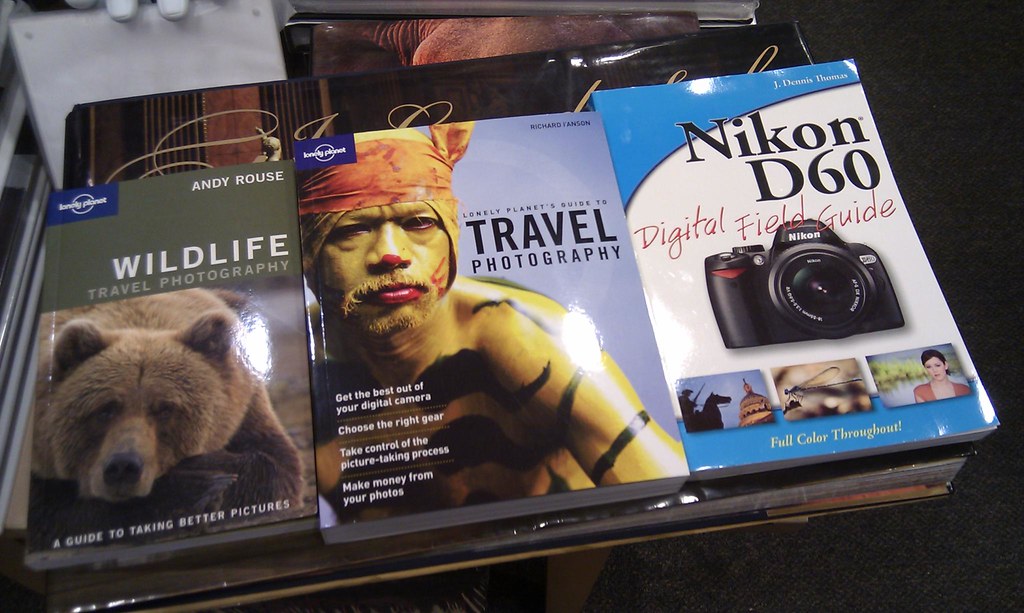In a world where literature often competes with digital distractions, the enduring power of classic works remains a beacon of cultural significance. Imagine a vibrant community gathering, buzzing with excitement as readers share their favorite literary treasures. This scenario sets the stage for a classic works voting campaign, an initiative designed not only to celebrate timeless literature but also to engage readers in meaningful discussions about their cultural heritage. Through this article, we will explore the rationale behind such a campaign, the methodologies for organizing it, and the potential impacts on literary appreciation.
The Allure of Classic Literature
A Story to InspireConsider the story of a high school student named Mia who discovers Jane Austen’s “Pride and Prejudice” while searching for something to read during summer break. Captivated by Elizabeth Bennet’s wit and charm, Mia finds herself immersed in the world of Regency England. Inspired by her experience, she decides to initiate a voting campaign at her school to determine which classic novel resonates most with her peers. This personal journey reflects how classic literature can spark interest and foster connections among diverse readers.
The Importance of a Voting Campaign
Engaging CommunitiesA voting campaign centered around classic works serves multiple purposes. Firstly, it engages communities by inviting individuals to reflect on their literary preferences and share their insights. This collective engagement can create a sense of belonging and foster discussions that bridge generational gaps.Preserving Cultural HeritageSecondly, such initiatives help preserve cultural heritage by highlighting significant literary contributions from various cultures. By voting on classics from different regions—be it Chinese poetry, Russian novels, or American short stories—participants can gain a deeper understanding of global literary traditions.
Organizing the Voting Campaign
Defining ObjectivesTo ensure the success of the voting campaign, it is essential to establish clear objectives. These may include:
- Identifying Popular Classics: Determine which classic works resonate most with participants.
- Fostering Literary Discussions: Encourage dialogue about themes, characters, and cultural contexts.
- Promoting Reading Habits: Inspire individuals to explore new genres and authors.
Choosing the Right FormatThe format of the voting campaign can vary based on the target audience and available resources. Here are some effective methods:
- Online Polls: Utilize platforms like SurveyMonkey or Google Forms to create accessible online surveys that participants can complete at their convenience.
- In-Person Voting Events: Host events at libraries or schools where participants can cast their votes in person, accompanied by discussions or readings from nominated works.
- Social Media Engagement: Leverage social media platforms to reach a wider audience, encouraging users to vote and share their thoughts using specific hashtags.
Curating the List of Classics
Diverse SelectionsWhen curating a list of classic works for voting, it is crucial to include diverse selections that represent various cultures and literary styles. Consider including:
- Western Classics: Works by authors such as Shakespeare, Dickens, and Hemingway.
- Eastern Literature: Chinese poetry from Li Bai or classical Indian texts like “The Ramayana.”
- Modern Classics: Contemporary classics that have made significant impacts on literature in recent decades.
Nominations ProcessEncourage community members to nominate their favorite classics before finalizing the voting list. This participatory approach not only empowers readers but also ensures that lesser-known gems receive recognition alongside well-established masterpieces.
Promoting Participation
Outreach StrategiesTo maximize participation in the voting campaign, employ various outreach strategies:
- Collaborate with Local Libraries: Partner with libraries to promote the campaign through newsletters, social media posts, and events.
- Engage Schools: Work with educators to integrate the voting campaign into literature classes or extracurricular activities.
- Utilize Influencers: Reach out to local authors or literary influencers who can help spread the word about the campaign.
Analyzing Results and Celebrating Outcomes
Interpreting DataOnce voting concludes, analyze the results to identify trends and preferences within the community. Consider presenting findings in an engaging format—such as infographics or presentations—that highlights popular choices and emerging themes.Celebration EventHost a celebration event where participants can come together to discuss the results and share their thoughts on the winning works. This gathering could feature readings from selected texts, guest speakers discussing their significance, and opportunities for attendees to connect over shared literary interests.
The Lasting Impact of Classic Works Voting Campaigns
By organizing a classic works voting campaign, communities can foster deeper connections with literature while celebrating cultural heritage. Such initiatives not only engage readers but also encourage critical thinking about timeless themes that continue to resonate today.In conclusion, as Mia discovered through her journey with Austen’s work, classic literature has the power to inspire individuals and bring communities together. By creating spaces for dialogue and reflection through voting campaigns, we ensure that these literary treasures remain vibrant parts of our cultural landscape for generations to come.
